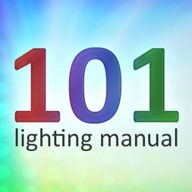CaptainMurdoch/ Chris Pinkham over at Falcon Christmas posted info on a somewhat unChristmassy activity that has been going on with regards to someone forking the Falcon Player/FPP code. Link to the post is below.
https://falconchristmas.com/forum/index.php/topic,10859.msg98152.html#msg98152
https://falconchristmas.com/forum/index.php/topic,10859.msg98152.html#msg98152

